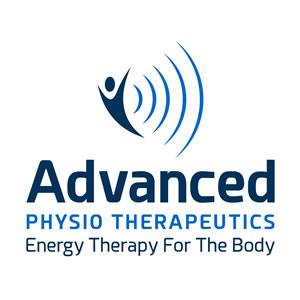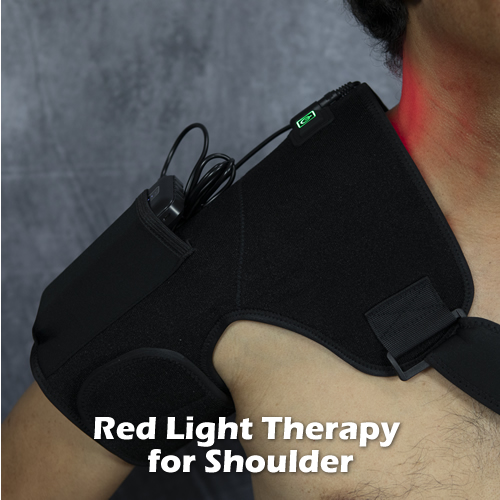Neuropathy translates to “nerve disorder.” It can be mechanical in nature, such as the common peripheral neuropathies carpal tunnel syndrome, thoracic outlet syndrome and cervical disc radiculopathy. In these cases, the source of nerve pain is prolonged, direct pressure to the nerve from an abnormal constriction of some sort in the area of the nerve. When nerves are subjected to even the slightest pressure for long durations, morphologic changes occur to the nerve, resulting in permanent symptoms such as pain, tingling, numbness and weakness. The scary thing about peripheral neuropathies is that you don’t feel the constriction to the nerve itself, just the symptoms of the damaged nerve which by that time may be too late to completely resolve.
Neuropathy can be caused by the Herpes virus; i.e. shingles, which does damage to the nerve itself. It can be caused by disease processes; particularly late stage Type II diabetes where peripheral nerves (major nerves of the body responsible for sensing touch, hot, cold and movement) deteriorate from prolonged exposure to diabetic conditions (persistently high blood glucose, vascular disease, high insulin, inflammation). Lyme Disease, inflammatory diseases, autoimmune diseases and toxicity/ poisoning can also cause neuropathy.
But the big thing that can cause you to develop neuropathy is over the counter and prescription medications. There are hundreds of medicines that have side effects that include nerve degradation; whether it be from toxicity or from leaching nutrients the body needs to maintain nerve function. According to pharmacist Suzy Cohen, a leading expert on medications, some classic offenders include antacids, acid blockers, oral contraceptives, hormone replacement therapy, corticosteroids, statin cholesterol reducers, breast cancer drugs and fluoroquinolone antibiotics. She adds that the fluoroquinolones (Cipro, Floxin, Avelox, Levaquin) have a fluoride backbone. Fluoride is known to harm the thyroid gland, reduce thyroid production and cause irreversible damage to the nervous system.
As a side note, I find it amazing that some water districts still add fluoride, a known neurotoxin, to the water supply and that dentists still recommend it for cavities; even for young children– amazing!
If you have a history of taking any of the class of medications mentioned above and you suffer from neuropathy, it is quite possible that you have been inadvertently causing your neuropathy. If this is the case, Suzy recommends the following supplements which may be helpful in reversing the damage (check with your doctor first).
Thiamine — Watch your wine consumption. A glass of wine every night can steal nerve-protective nutrients like vitamin B1 (thiamine). You can also try benfotiamine, a fat-soluble form of thiamine.
Probiotics — Probiotics allow you to make methylcobalamin (vitamin B12), which you need to produce myelin and protect the nerve cells.
My note: it is extremely important that you ensure you maintain a healthy gut microflora. Your gut is where nutrients are transferred from what you eat to your body’s cells. If your microflora is out of balance, you run the risk of malabsorption, Vitamin B12 deficiency, and gut inflammation. Taking probiotics, minimizing antibiotics, avoiding alcohol or drinking in moderation, and including cultured foods (sauerkraut, yogurt, etc.) and raw vegetables in your diet are the key.
Methylcobalamin (B12) — When your body is starved of B12, you lose the myelin sheath and your nerves short circuit. This can cause neuropathy and depression. There are dozens of drug muggers of B12, including the diabetic medications as well as processed foods, sugar, antibiotics, estrogen hormones and acid blockers.
Lipoic Acid — You can buy it as “alpha” at any health food store, or “R” lipoic acid as a more bioavailable form. This antioxidant squashes free radicals that attack your myelin sheath and fray your nerve wiring. It reduces blood sugar, too.
High doses are needed to improve nerve pain, however, if you take high doses, you need to also supplement with a little biotin. The reason is because lipoic acid is a drug mugger of biotin.
Bottom Line: If you take prescription or over the counter medications, carefully read the “side effects;” ask your doctor about them, and research them yourself on Physician’s Desk Reference. Know that a lot of physicians tend to “brush off” the listed side effects of drugs, as drug prescription is one of their main avenues for treating patients, so use your judgment.
Are you experiencing chronic pain? Sign up to me notified of my upcoming Optimal Body System Reverse Chronic Pain multimedia course. Click here to find out more.







